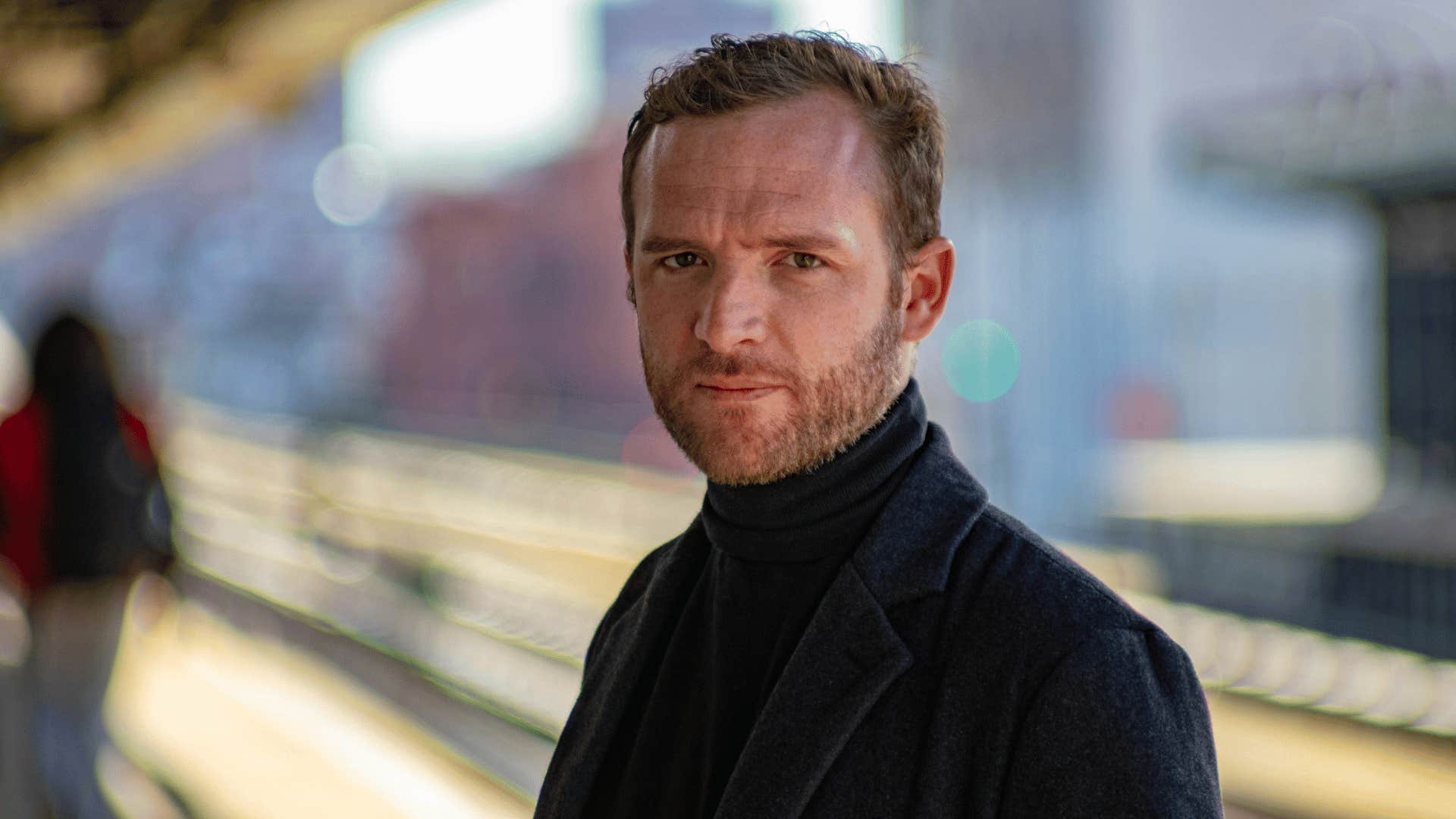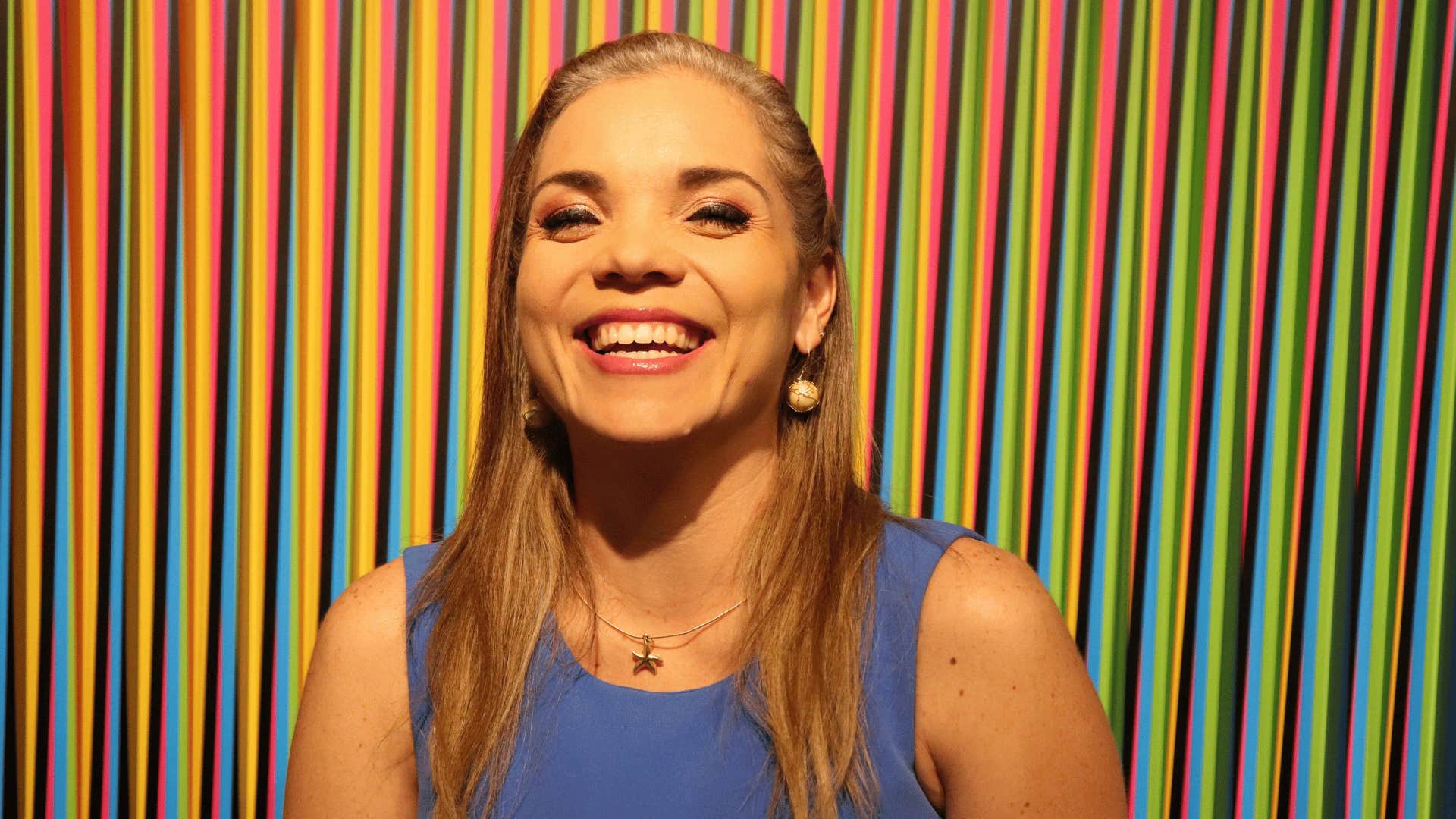9 Tiny Tricks To Create An Insanely Unfair Advantage In Your Life
Less than 2% of people do these things.
 Luis Molinero | Shutterstock
Luis Molinero | Shutterstock As we move through life, we come up with different ways we can come out on top. Whether it's in our career, family life, or relationships, we might struggle to move beyond the threshold of "average" into something extraordinary.
But having an advantage over others doesn't need to be such a complicated task. In fact, you can do so once you adopt a few habits that will easily set you apart from the rest.
Here are 9 tiny tricks to create an unfair advantage in your life
1. Be a 'top-level asker'
 Amy Hirschi | Unsplash
Amy Hirschi | Unsplash
Most people are too scared to ask important, higher-status, or more good-looking people for things. They don't want to feel the sting of rejection, and they don't believe they'll get a yes. After all, research suggests that rejection drives people to question who they are, and damages self-esteem.
But those who go far know that to get a "no" doesn't cost them anything if they can be okay with that answer. And so they ask 30 people who are "out of their league" and get one yes that "unfairly" propels them.
2. Presuppose greatness
 Sarah Doody | Unsplash
Sarah Doody | Unsplash
Here's how 99% of the planet views success: "I have this thing I'd like to accomplish, and so I will set cool targets so I can work my way towards getting what I want." But this view is often kept by people who use others to achieve their goals.
The kings and queens of this world know that goals are not places to get to; rather, they are places to come from. They act the part the moment they get out of bed.
When you presuppose greatness and act like you already have what you want, this will propel you into the 1%.
3. Simplify daily
 Artem Podrez | Pexels
Artem Podrez | Pexels
A super-effective way to make life 10 times harder for yourself is by adding unnecessary layers of complexity. Whether it's taking on more tasks in your daily life or choosing a roundabout way to check items off your to-do list, you're not doing yourself any favors.
In fact, according to Alice Boyes Ph.D., author of "The Anxiety Toolkit" and "The Healthy Mind Toolkit," "People who are prone to anxiety, low self-confidence, and/or perfectionism can have a tendency to over-research, overthink and excessively complicate their decisions."
Accumulating stuff is the default for most, so set yourself apart by bringing attention to simplicity as a daily habit — and ruthlessly cutting the fat every day. Cut, cut, and cut some more.
Apply this thinking to every aspect of your life. Cut out toxic people, cut out food that isn't good for you, and cut out all that overcomplicated thinking.
4. Prioritize uncomfortable conversations
 The Jopwell Collection | Unsplash
The Jopwell Collection | Unsplash
People who stay stuck avoid saying what needs to be said. For you, your inability to communicate keeps you imprisoned. You might decide that having difficult conversations is the best way to move forward, but that's not true.
One survey of 2,000 workers found that 57% of respondents will do anything they can to avoid having a difficult situation, while 52% would prefer putting up with a negative or toxic situation at work rather than talking about it. But there's nothing healthy about that.
If you want to gain an unfair advantage, you must be willing to say uncomfortable things. Reality rewards courageous communicators, whether it's in a sales call, sharing honest writing, making a bold ask, or telling someone they need to hit the road.
5. Be aggressively countercultural
 Fred Moon | Unsplash
Fred Moon | Unsplash
Those who have any knowledge about the science of success know that people who leave significant legacies never follow the crowd. And in order to get an advantage over others, it's a mindset to adopt quickly.
So, be proactive in asking what the majority suggests is best, as this is extremely useful information for you. Then, do the exact opposite. You'll find that you'll be 10 steps ahead.
6. Choose bigger problems
 Anthony Tran | Unsplash
Anthony Tran | Unsplash
You don't get fewer problems when you rise up the hierarchy; they just get seemingly "larger." Whatever you decide to do with your life, you will face challenges. And research supports the notion that facing challenging activities or processes is essential for our well-being.
So, you might as well have bigger problems. Why? Because the size of a problem reflects the size of the game you're playing. The other people you're in competition with know that problems are all in the mind anyway, so they are okay with going big.
In order to reach greatness, it's important to aim for the stars. Go big or go home.
7. Create mystery
 averie woodard | Unsplash
averie woodard | Unsplash
Those who attract large followings and make a massive impact on the world are rarely predictable. They march to the beat of their own drum, create their own rules, and incorporate the art of mystery into their public brand and persona.
In order to give yourself an advantage, don't give it all away; rather, surprise everyone at each turn. No one can guess what you will do next, and that's incredibly effective.
8. Commit to becoming elite in one thing
 Andrea Piacquadio | Pexels
Andrea Piacquadio | Pexels
This may seem counterintuitive, but it's why so many people are stuck and miserable. They can't decide, get bored too quickly, and never get great at any one thing to enjoy its success.
Rather than spreading yourself too thin with multiple hobbies or skills, focus on one thing that sets you apart from everyone else. Choose something and hammer away at it with an "unreasonable" and obsessive drive.
9. Be aware of what works in your life
 BETZY AROSEMENA | Unsplash
BETZY AROSEMENA | Unsplash
It may seem obvious, but barely anyone does this. Be ruthlessly aware of the things that work in your life, and find a way to maximize those things.
If an article you wrote did exceptionally well, find a way to emulate more of that magic in future posts. If your talents are being realized through public interviews and you aren't so great at writing, do more interviews and put down the pen.
When you operate through the paradigm of "triple down on what works, what enlivens me, and what I do well at," your next steps become obvious. This is how you win.
Alex Mathers is a coach, writer, and illustrator whose work focuses on mental health, confidence, growing a business, and impactful writing. He has worked with the BBC, Wired Magazine, Medium, and Google, among others.

